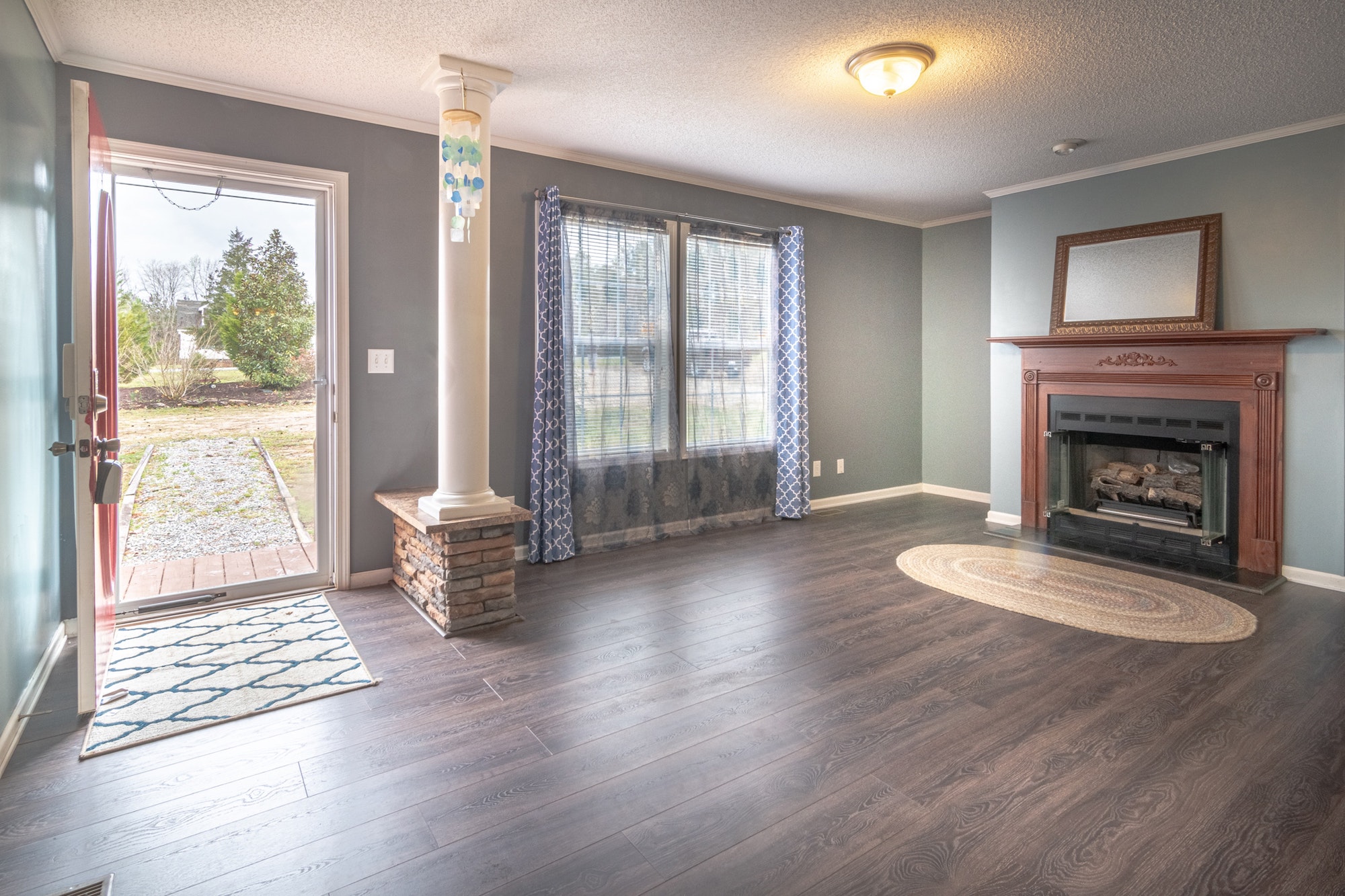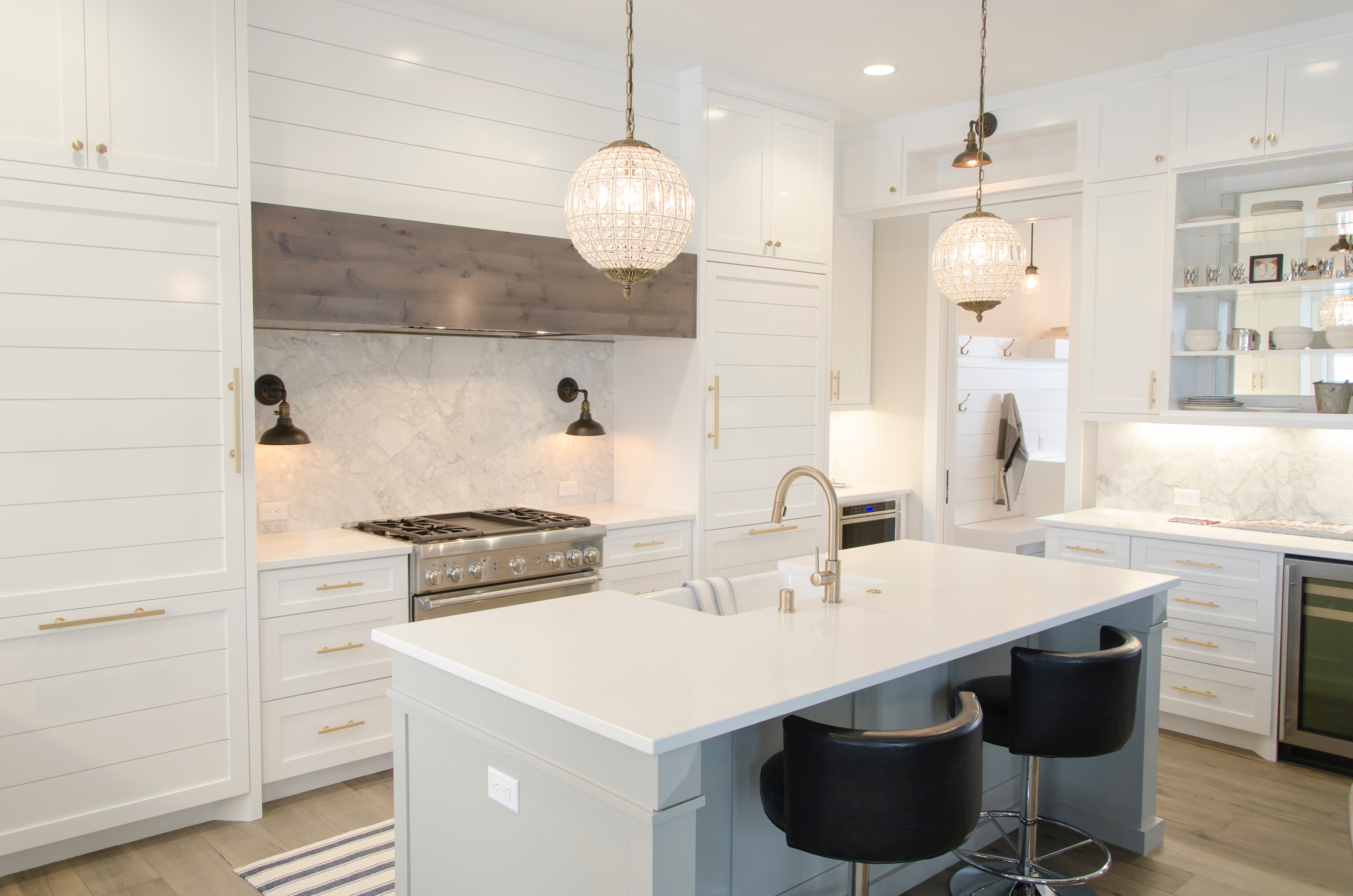Finally, deciding to invest in a house is not easy, especially given Canada’s current real estate market. This essentially means that you will be taking on a huge debt that you will commit yourself to for many years down the line. In addition to this, you will also have to save up for a substantial down payment on the property, which is also one of the biggest reasons why many Canadians are not homeowners yet. They simply cannot afford the down payment on a property.
A lot of us have the option to save up for a down payment, but we know that it takes many sacrifices and a lot of self-discipline to get there. It also requires individuals to commit to a particular plan to save up the amount by an ideal date.
With that big concern in mind, here are a few top tips for saving for a down payment on a house.
1.If you have any high-interest rate debts, pay them off as fast as you can!
The sooner you make payments on these debts, the more you save on overall interest rates. When these debts are out of the way, you can put your money towards a down payment instead of paying a monthly amount elsewhere. You can pay off your mortgage much sooner by making higher payments.
2.Figure out problem areas where you spend too much.
Everyone has certain money weaknesses, such as; some of us tend to eat out a lot; others spend a lot of money on clothes. It doesn’t matter what your money weaknesses are; what matters is that you need to identify them by being honest with yourself. The more you deny them, the more it will delay your homeownership. Once you have identified your problem areas, you can set a much lower budget for yourself and these categories and calculate the overall difference.
3.Try to set up automatic transfers.
If you already have this done, then good for you. But for those of you that don’t, try to set up automatic transfers from your bank account to send a particular amount of cash from your checking account into your savings account every month. The sooner you get used to it; you won’t even think about this money when you budget your expenses every month.
4.Set a reasonable monthly budget for your household.
This may be the most significant thing you have to do so far: get all parties in your home to agree to a specific budget for every month. Suppose you live from paycheck to paycheck; it should be your ideal goal to have some money left over from your previous paycheck before you get your next paycheck.
5.Consider a more modest rental.
If you are saving up for a down payment on a home, you may be paying a high amount in rent every month. To save more money for a down payment, consider downsizing and moving to a more modest rental until you have enough saved up.


















